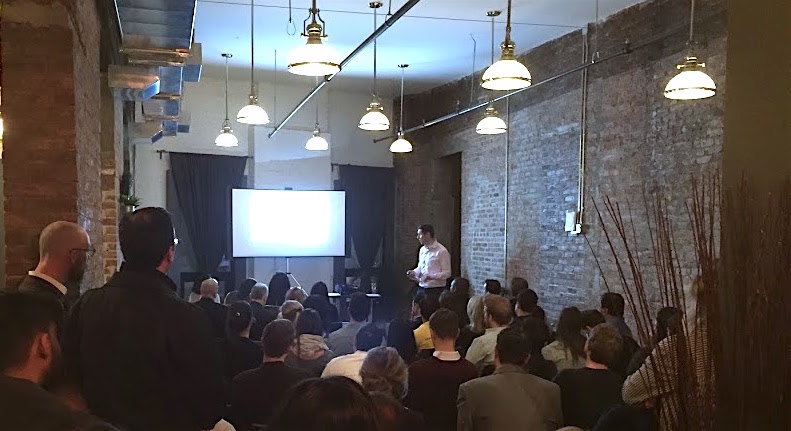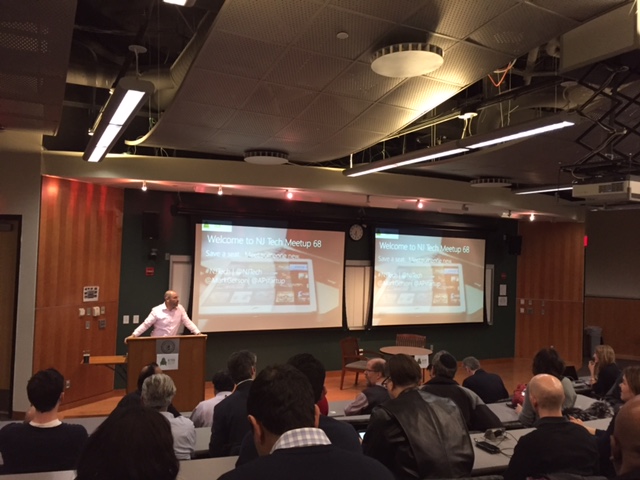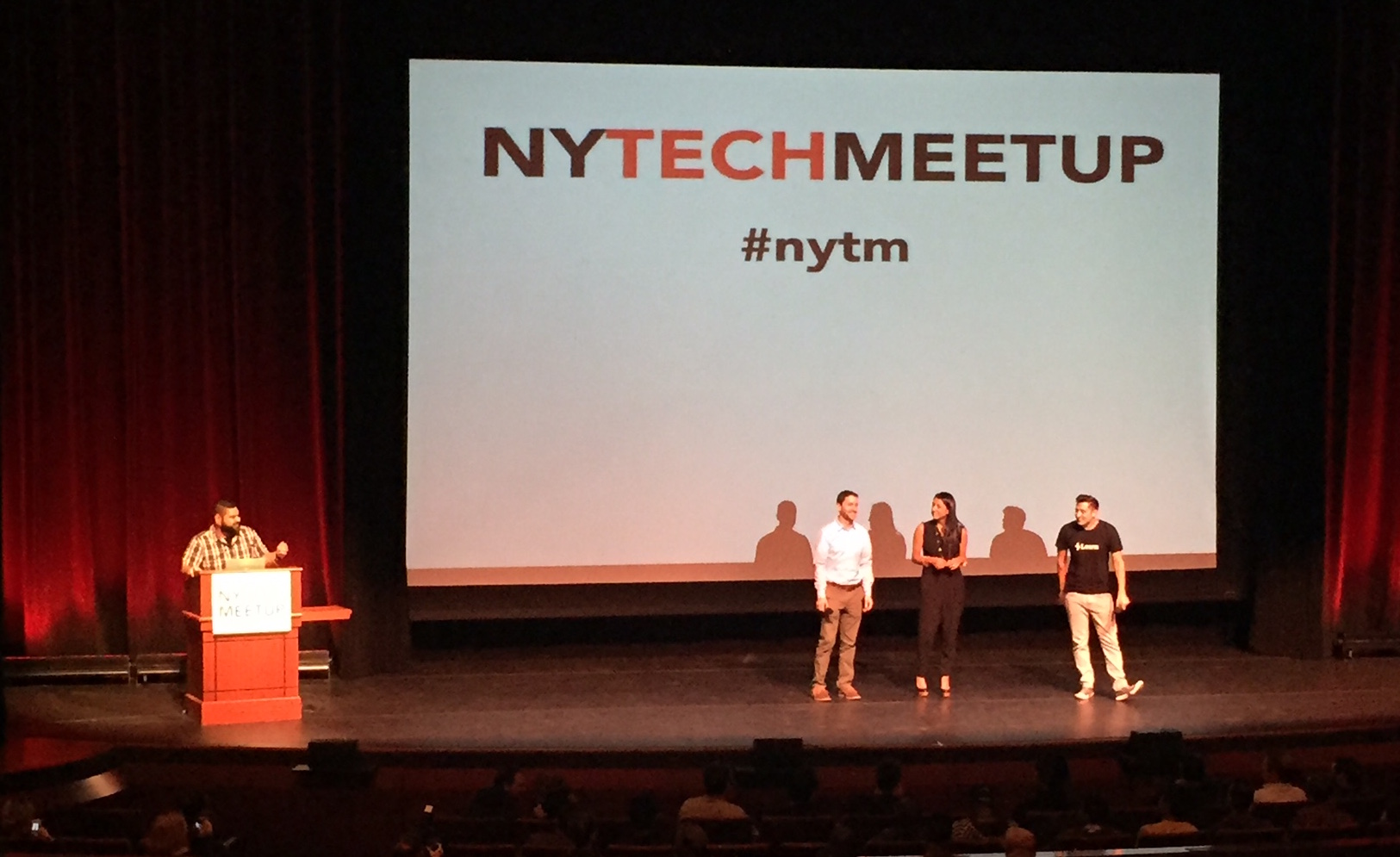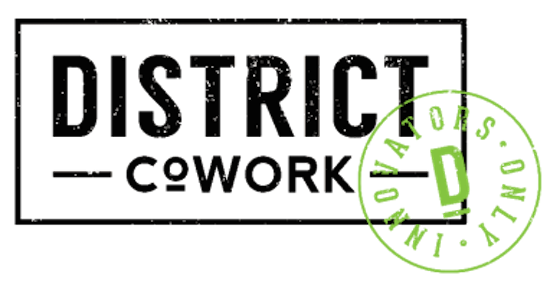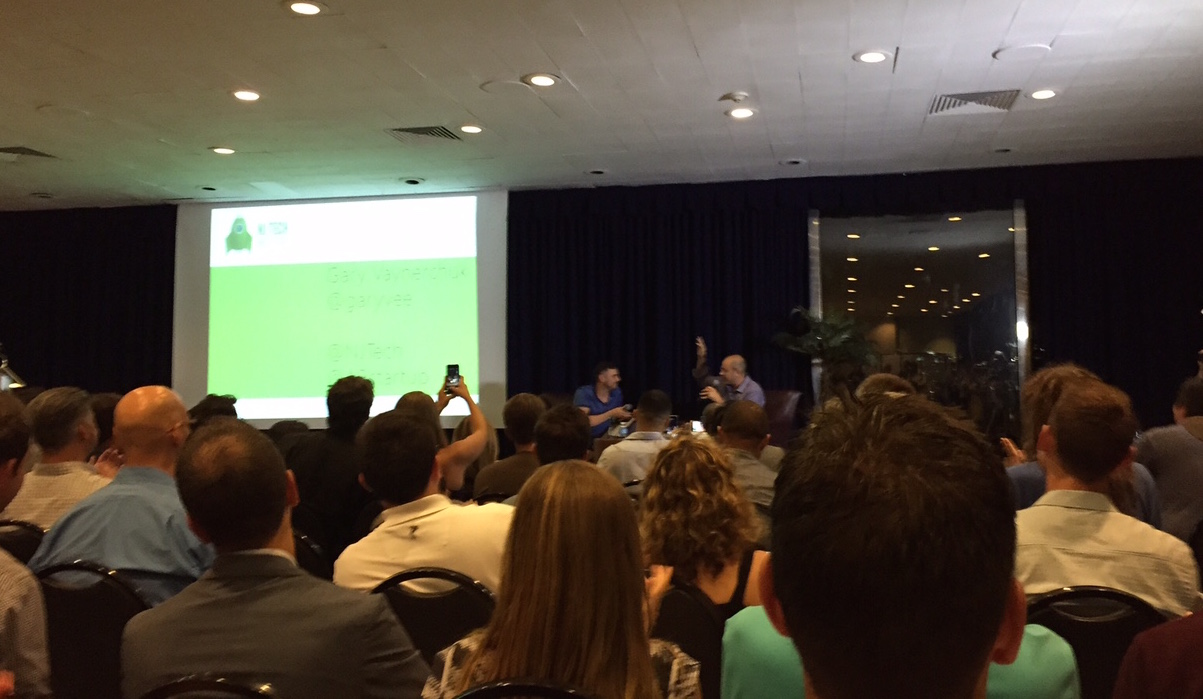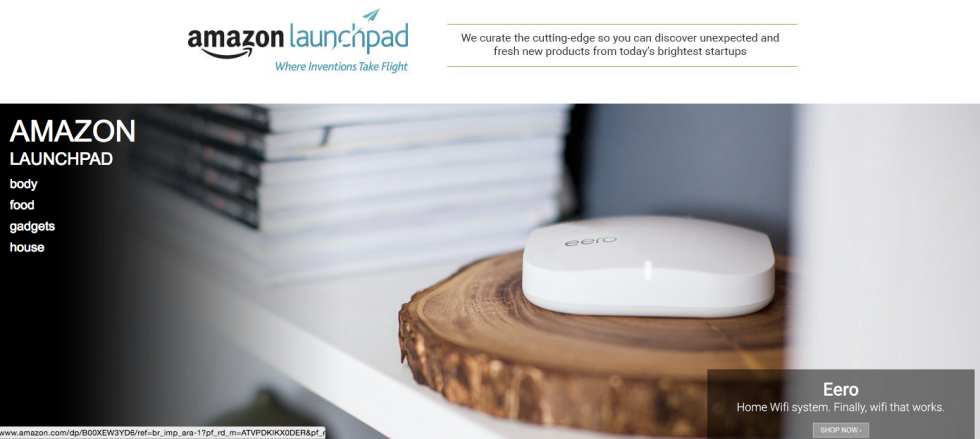On March 29th, the Lab attended Districtpitch: Digital Media and Ad Tech. Founders and entrepreneurs faced the crowd and a panel of judges to pitch their early-stage companies. Here is a roundup of companies that presented yesterday.
We have all experienced that empty feeling after finishing a TV series and having no clue what to watch next. Stareable is a content discovery destination that helps you find your next show. It is a community-driven TV guide that links users to where they can watch. Users submit reviews and recommendations that help direct others towards their next favorite obsession. Stareable is ad-supported with standard display ads so there is no cost to the end user.
Slidejoy is an Android app that delivers ads and news to a phone’s lock screen in exchange for rewards. They receive fantastic engagement because the units are the first thing people see when they look at their phone and the audience has opted-in to receive messaging. 80-85% of their users are in the US.
Tinybeans is a social media app for families, essentially an online scrapbook of your kids. They collect metadata on the families in order to help brands market effectively to the parents. They currently have 1.1 million registered users, 80% of which are in the US.
Another social app with children in mind is Skit! Kids. They have gamified storytelling by allowing children to collaborate remotely to create videos. Other users can remix and change existing stories on the platform. Their revenue model includes in-app purchases and product placement that aligns with the environment. Skit! Kids is COPA-compliant and every piece of content created within the app is checked by a human moderator.
Finally, there were two location-based targeting companies that presented as well. Exploreka helps brands deliver contextually relevant messaging to the right consumer at the right time. Notify Nearby is a mobile app that leverages a network of beacons to target shoppers with relevant messaging in a consolidated news feed.
